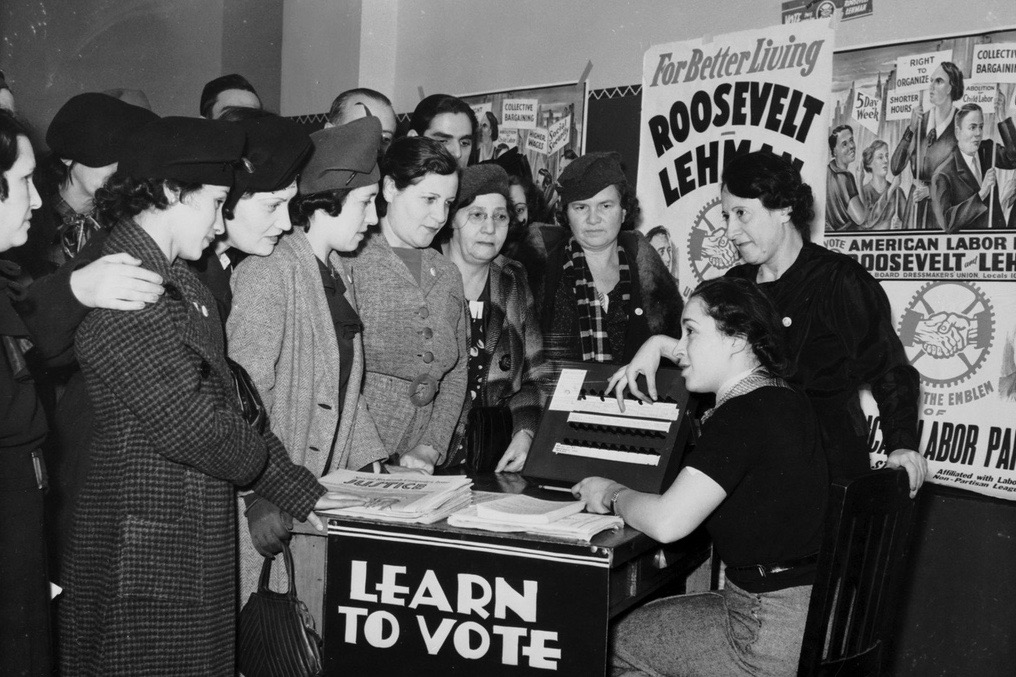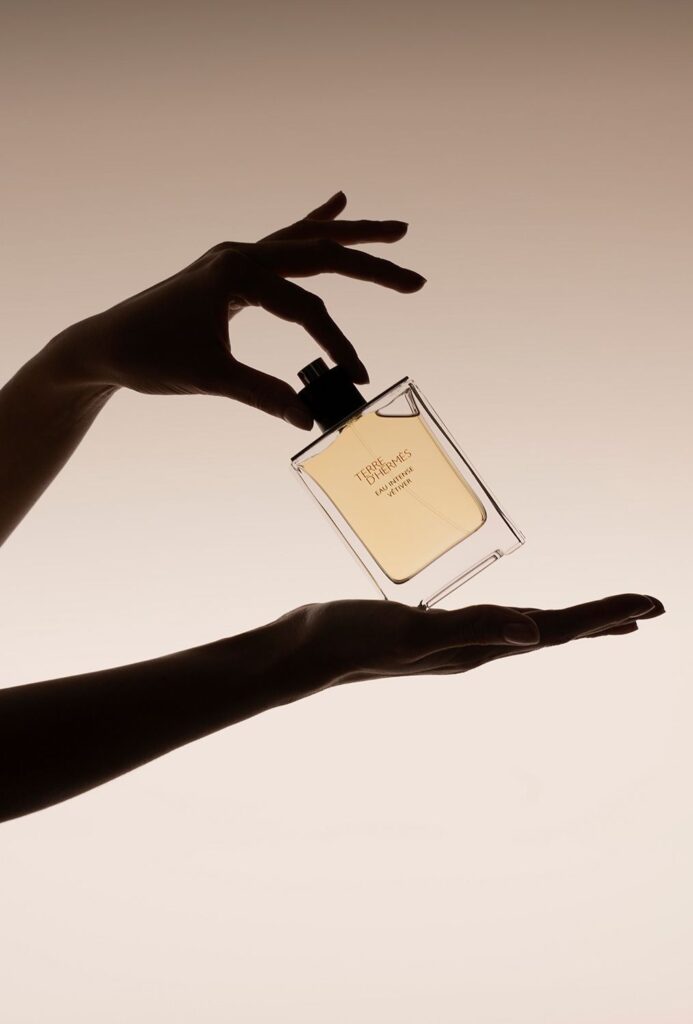Remember the time when, if you were a woman, your voice in politics meant absolutely nothing? None of us lived through that, but our ancestors did. They weren’t allowed to vote, nor really, say much about politics at all.
But all of that started to change in 1878, the [future] 19th amendment (you know, the one that finally gave women the right to vote) was introduced to congress by Republican senator Aaron A. Sargent. And throughout history, we’ve seen women making huge strides in politics – in both major parties.
With such a heated election happening this year, Valley decided to speak with Grace Morgan, a Senior Political Science/Media Studies major, and Secretary of the Penn State College Republicans, to learn just a little more about the importance of a woman’s voice in politics.
“This is the first time we’ve seen a woman secure the nomination in an election from a major party, so it definitely gives women a huge amount of momentum to go out and vote.” Morgan says.
“But I feel like a lot of people need to be more educated about the world and what is going on before they make a decision” says Morgan. And we agree – which is why we did a little time-travel ourselves, back to the 1900’s…
In 1916, the Republican Party had the first woman elected to congress, Jeannette Rankin. And in 1964, Senator Margaret Chase Smith was the first woman to run for the United States Presidency under the Republican Party.
In 1972, State Legislator Shirley Chisholm was the first woman to run for the United States Presidency under the Democratic party. In 1981, the first female Supreme Court Justice (Sandra Day O’Connor) was appointed under the Republican Party, while in 1984, Politician Geraldine Anne Ferraro became the first female Democratic Vice Presidential nominee.
In 1920, the 19th amendment was ratified, giving women the right to vote.
In 2002, the Democratic Party selected Nancy Pelosi, as the first female Democratic leader of the House of Representatives.
And in 2008, the Republican Party saw its’ first female vice presidential nominee, Sarah Palin, while in the current election, 2016, the Democratic Party has its’ first female presidential nominee, Hillary Clinton.
With women making such huge progress in both parties, it’s often difficult to decide which party you agree with, especially with stigma surrounding both sides.
“You see a lot of stigma about women in politics,” Morgan says, “Especially for Republican women, people might automatically assume that you’re against women’s rights, or other social points like gay marriage or planned parenthood, but that’s just not the case.”
Morgan says that, “In this day and age, many women, especially Republican women, are leaning moderate in that way.”
“I also feel like the media really misconstrues things – if you’re a woman voting for Hillary, you must be monumental. But if you’re a woman voting for a male candidate, it’s like, ‘whats wrong with you?’, and so it almost makes you feel bad for voting,” she says.
“With that being said, I think women should not be afraid to vote for whoever they think aligns with most of their values. It doesn’t matter who you vote for, as long as you have respect for other people, and their views. Personally, I’m up in the air right now with respect to who I’m voting for, and that’s OKAY. And other women need to realize that, too,” Morgan says.
She is right. The bottom line is, everyone’s vote is equally as important. We have to come together to get things done, regardless of factors like gender, race, or political views. As individuals we are a much stronger force when we make choices based on our true beliefs and hopes for our country.





